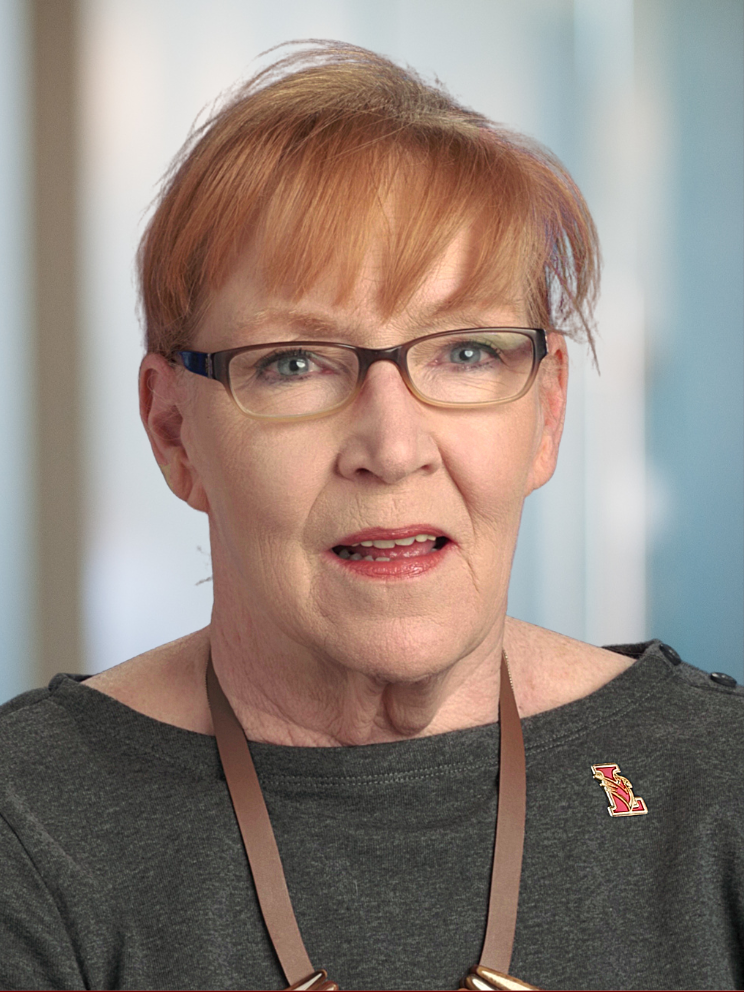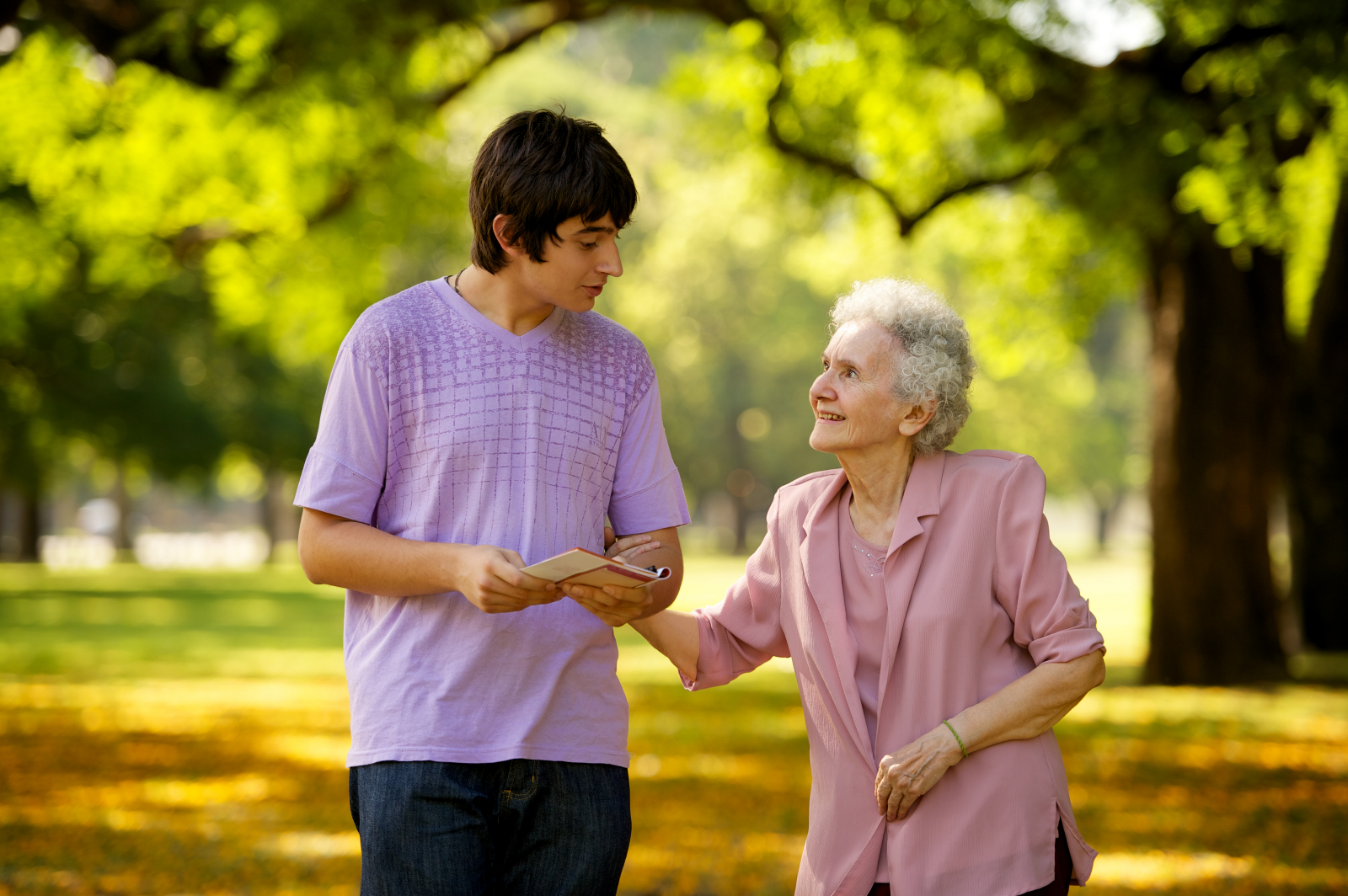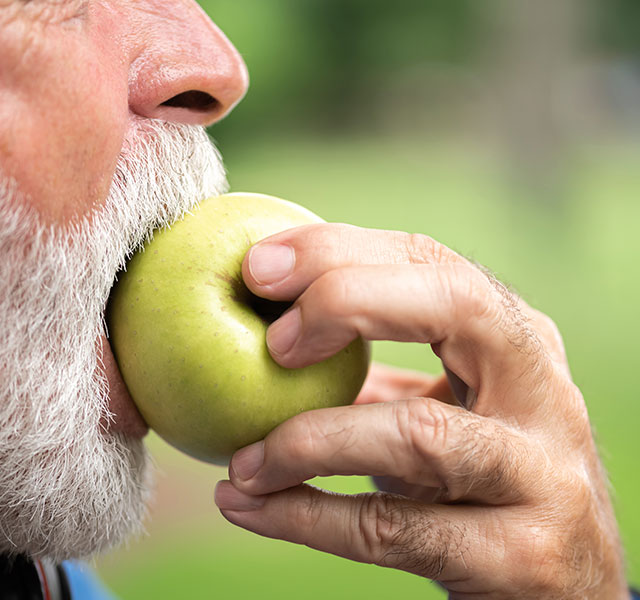In my work as an independent living consultant, I support people who need a little extra help to stay secure in their homes. Most of my clients are older adults. Being a helper-bee at heart, I find the work very rewarding, and I form deep connections to those in my care.
I recently looked for an evening companion for one such client. She had just suffered a severe blow to the head along with a broken nose. She was neither immobile nor in need of any personal care; she wanted to have someone in her home while she bathed and got into bed. She is great company, interested and interesting; the home is lovely, the compensation more than generous. A companion can bring a book or watch television—the only challenge is to make sure she doesn’t fall asleep anywhere other than her bed and to respond in the unlikely event she slips in the bath.
I pulled up my list of college students and posted a job description. Not one replied. Babysit? Yes. Dog-sit? Yes. Elder care, not so much. And that’s troubling.
I tried to get to the root of the aversion to passing time with a septuagenarian, and sadly, the common refrain was that the young adults didn’t know how to talk to an older person. What would I say? What would we talk about? We would have nothing in common. Why would young people be so scared that they couldn’t to talk to older people? The answer, I’m afraid, is ageism.
There’s a lot of missed opportunity if we can’t enjoy the company of someone from another generation. Years ago, I was reluctant to put my toddler in a preschool staffed by teenagers. It had been a very long time since I was in the company of anyone in that age bracket, and I wrongly assumed the worst of all teens based on stories that made the nightly news. How shortsighted of me. Now the mother of young adults, I welcome the chance to learn from a different life experience and perspective, but with the shoe on the other foot, I wonder if they feel so welcoming toward me. Ageism can be a bias we don’t see in ourselves, and it can impact relationships at any stage of life.
How can we encourage intergenerational dialogue? Here’s what I do. I consider many conversation-starters to be universal, like weather or food, but to make conversations meaningful, I like to go deeper. I avoid starting with a question that requires philosophical thought or that will elicit just a yes-or-no answer, and I tread carefully around politics, war and, sometimes, family. Instead, I may ask about people’s taste in music, a favorite song or if they played an instrument. Or about a person’s first home away from parents and how that new-found independence felt. I might bring up a first trip, a book that everyone should read, childhood heroes. Around the holidays, my go-to question is about the best gift the person ever gave. That’s a keeper, because it’s an unexpected twist that can generate good memories.
We are living in an era where many older adult lives are cut short due to loneliness. Social isolation is a public health crisis. What will it take to engage one another in what could be so mutually beneficial?
I’m available for anyone to practice. Maybe over coffee.

Pepper Evans works as an independent-living consultant, helping older adults age in place. She is the empty-nest mother of two adult daughters and has extensive personal and professional experience as a caregiver. She has worked as a researcher and editor for authors and filmmakers. She also puts her time and resources to use in the nonprofit sector and serves on the Board of Education in Lawrence Township, NJ.



